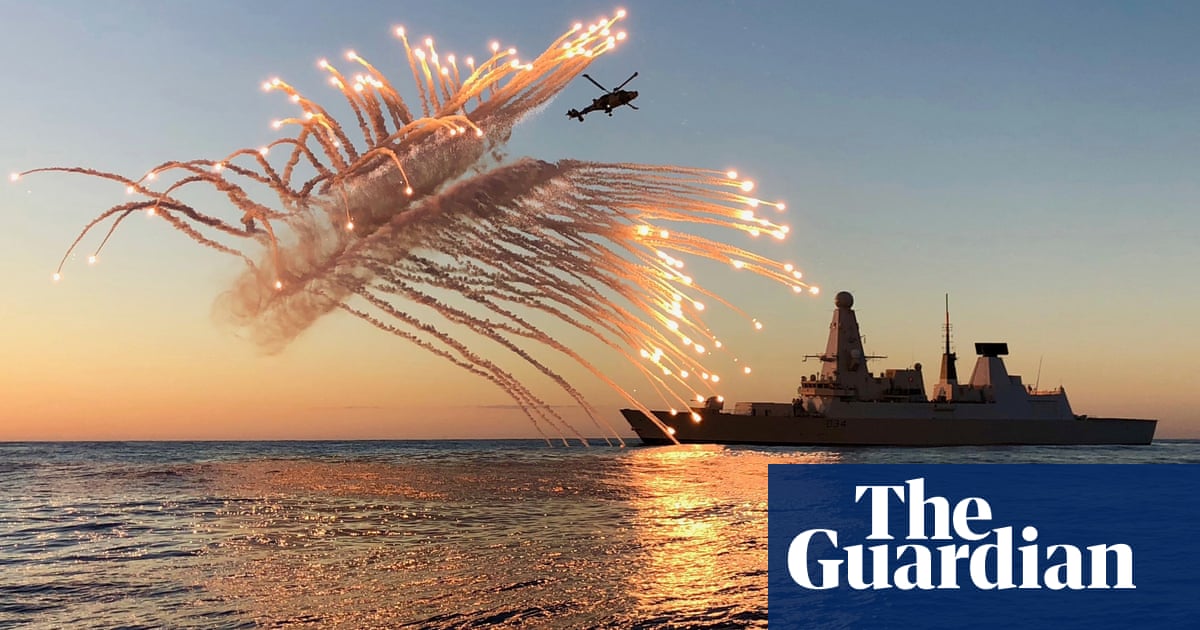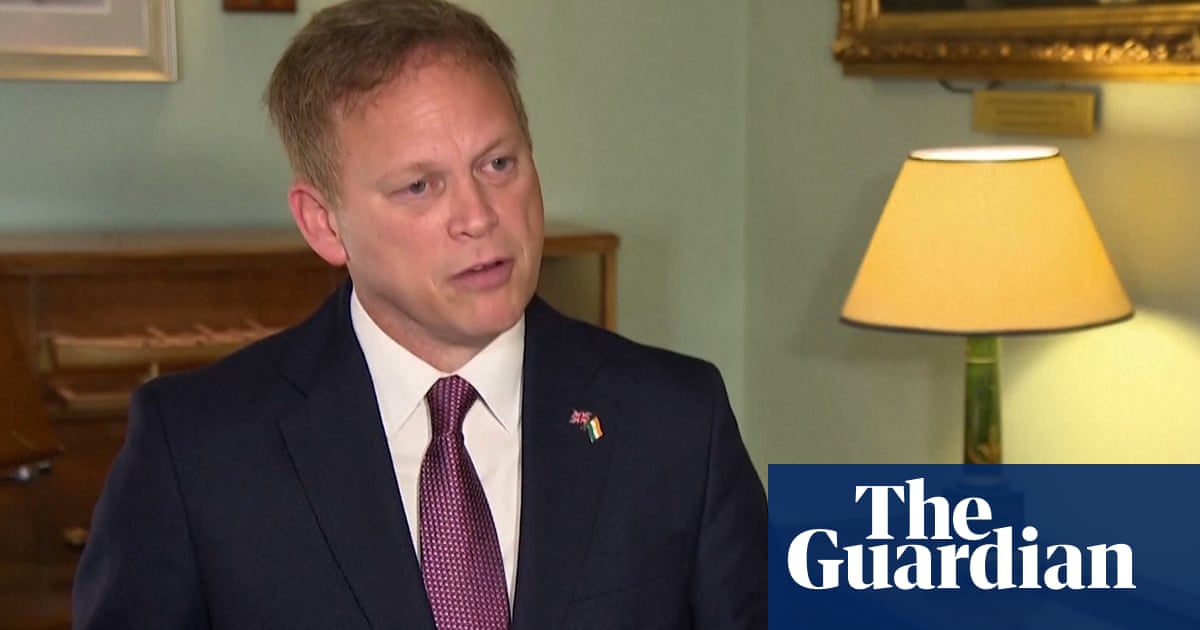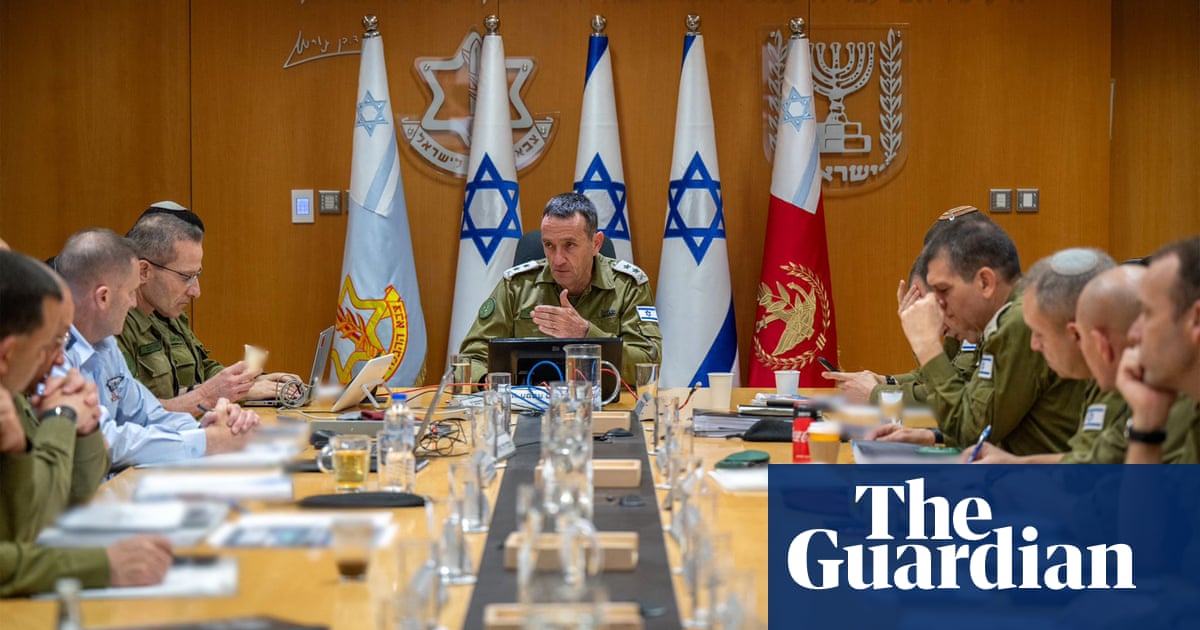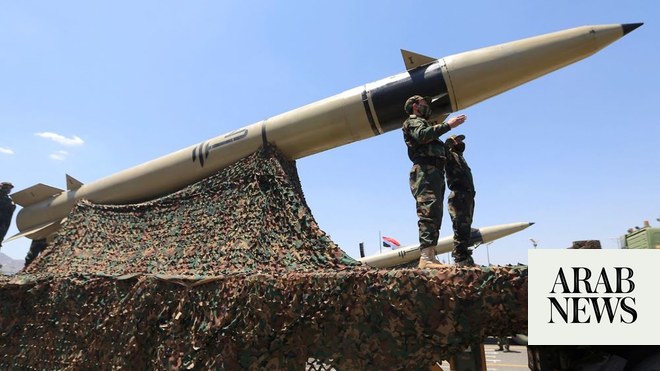
Britain’s most senior military officer has said the war in Ukraine had revealed a potential vulnerability of the UK to missile and drone attack, arguing it is time for greater discussion about improving homeland security.
Adm Sir Tony Radakin told a defence industry conference in London that there was “an aggressive world out there in terms of state threats”, noting specifically that it was becoming easy to “get close to a country and fly drones in”.
The chief of the defence staff said Britain’s armed forces were “having a bigger conversation about homeland defences” and asked whether within that “we need to have a conversation about integrated missile defence”.
The war in Ukraine has revealed the vulnerability of civilians to deadly missile and drone attack, with Russia relentlessly targeting cities and infrastructure as part of a total-war approach to the fighting.
British air defence systems are thought to be limited, although in practice there has been no need for them to be tested. In June, Sir Nick Carter, Radakin’s predecessor, told MPs on the defence select committee that the UK would struggle to respond to a multiple missile or drone attack.
“The extent to which we’ve got a counter-missile system is debatable,” Carter said, suggesting that the only option that the UK had that was comparable to the US Patriot or German Iris-T systems was its six Royal Navy Type-45 destroyers.
Ukraine has gradually obtained air defence systems from the US, Norway, Germany and Italy, though none from the UK. Even so, missile strikes by Russia aimed at second-tier cities outside Kyiv, where air defence coverage is thinner, continue to cause civilian casualties.
Radakin’s remarks at the DSEI arms fair in London could be interpreted as an initial pitch for new defence spending after the election. A strategic defence review is expected in 2025, regardless of who wins, which will set priorities and spending until the end of the decade.
The military chief also asked whether the British armed forces “need to integrate better with GCHQ”, the eavesdropping and signals agency, and he said there was a threat of cyber-attacks from hostile states such as Russia and China seeking to interfere in “our societies and structures”.
There was also a clear hint that the British army wants to form its own kamikaze drone unit, based on the experience of Ukraine’s military, which is making heavy use of remotely piloted drones on the battlefield.
“If you look at our own army, where are those one-way attack drone regiments?” Radakin asked, and he said the military had to consider a future where most of the armed forces were remotely controlled robots, supplemented by a handful of humans.
“What would it look like to have a 500-ship navy but 400 are drones; what would it look like to have 1,000 aircraft but 900 were drones?” he asked, adding that the effectiveness of the army could be transformed by the extra technology.
In a short assessment of the current state of the fighting in Ukraine, Radakin said Kyiv “continues to hold the initiative, it is pushing Russia back”.
Rejecting claims that Ukraine’s counteroffensive was struggling, he said: “In the north they are holding and fixing Russian forces there and in the south they are making progress – between 10 and 20km, depending on how you judge it.”
Radakin, who is closely involved with advising Ukraine’s most senior commander, Valerii Zaluzhnyi, said Ukraine’s slow counteroffensive progress could not be measured by a predictable timetable. “The idea that war is neat and tidy and you can plan and predict it to the nth degree is nonsense,” he said.












